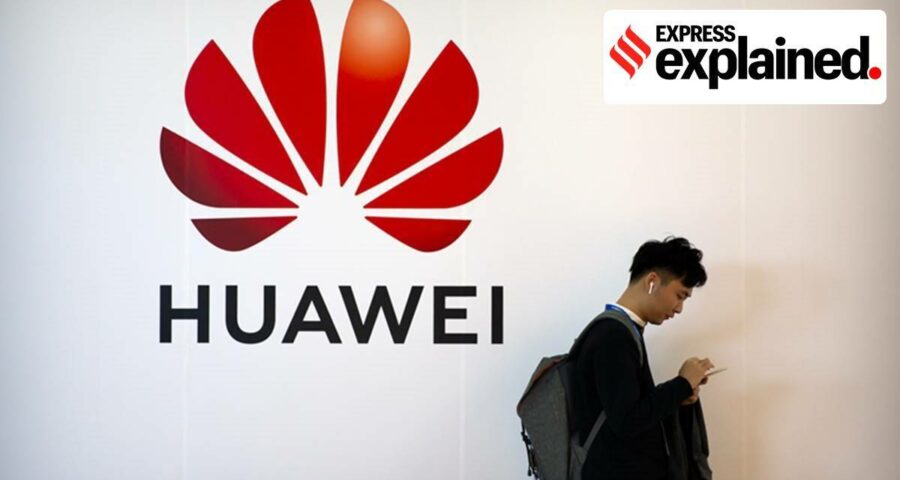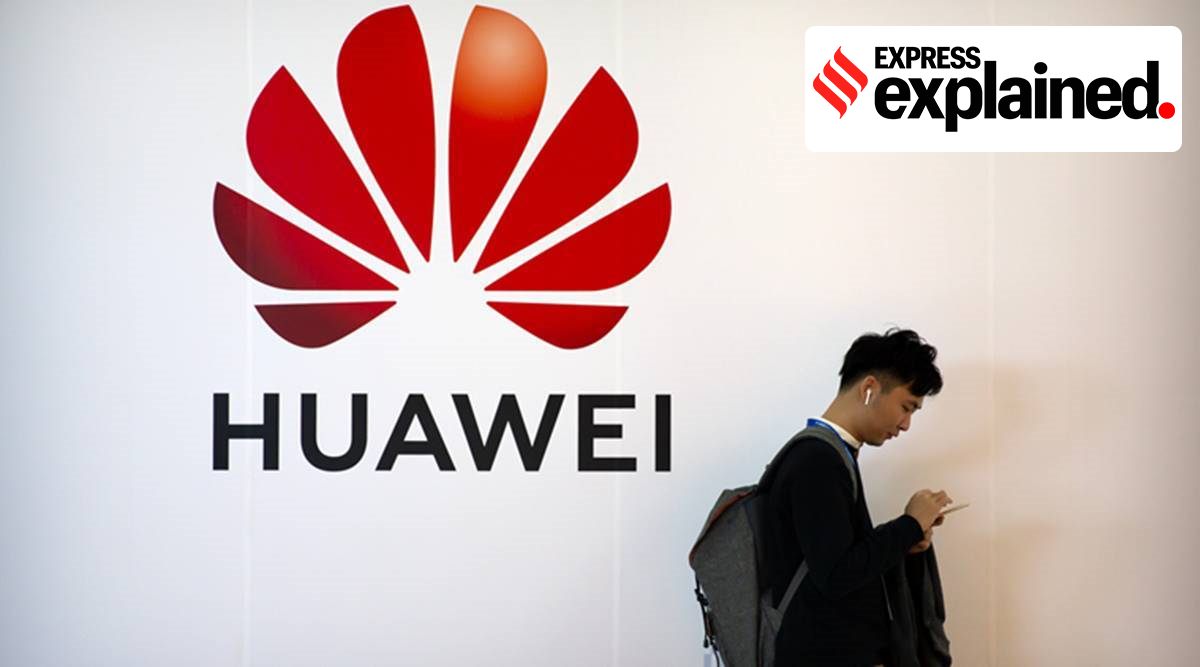What impact will these new rules have on existing telecom companies like Bharti Airtel, Vodafone Idea, BSNL and others? We explain.
The Department of Telecommunications (DoT) has amended the licensing conditions for telecom companies to include defence and national security as parameters when purchasing ‘trusted telecom products and sourcing equipment from ‘trusted telecom equipment sources’.
What are trusted telecom products or trusted telecom equipment sources?
With the advent of technology, some countries such as China, the US, Russia, Japan stole a march over others in developing new technology that would be able to carry signals over long distances without much interference. This was overall good for betterment of technology in the telecom space.
However, due to geo-political tensions, these countries, over time, became non-trusting of one another’s technological advances and accused each other of spying using modern technologies. This resulted in each nation curating its own list of companies, countries and products that it trusted, especially in crucial sectors such as telecom.
A trusted telecom product or a trusted telecom equipment source, therefore, is simply a product, a company, or a technology that has been deemed safe by the government of a country for use in crucial and critical infrastructure.
In December last year, India’s Cabinet Committee on Security approved the setting up of a new National Security Directive on telecommunication sector with an intent to classify telecom products and their sources under the ‘trusted’ and ‘non-trusted’ categories.
The list of products telecom companies will be allowed to use in their network would be approved by the National Cyber Security Coordinator, which in turn will make its decision based on the approval of a committee headed by the deputy National Security Advisor (NSA). The expert committee will also have members from other departments and ministries, independent experts as well as two industry members.
What does the DoT’s notification on trusted telecom equipment say?
On Wednesday, the DoT amended the telecom licensing norms and included defence and national security as parameters for the purchase of trusted telecom products and from trusted equipment sources.
Including defence and national security as parameters means the designated authority can, at any time, citing these two aspects, ask telecom companies to not use products which it has deemed unsafe.
The new norms will kick in from June 15, following which telecom companies will not be able to use any products that do not appear on the trusted telecom equipment source list or the trusted telecom product list.
If a telecom company wishes to expand its network by using any equipment that does not come from a trusted source or is not on the list of trusted telecom products, it will have to take prior permission from the designated authority, which is the National Cyber Security Coordinator.
Which companies or countries will the new policy impact?
The new policy could potentially make it more difficult for Chinese telecom equipment vendors like Huawei and ZTE to supply equipment to Indian telecom players in the future. Both, Huawei and ZTE, have been under global scrutiny for allegedly installing ‘backdoor’ or ‘trap door’ vulnerabilities and spying for the Chinese government and have been banned by several countries.
Of the three telcos, almost 30 per cent of Bharti Airtel’s existing network comprises Chinese telecom equipment, it is as much as 40 per cent for Vodafone Idea. State-run telcos Bharat Sanchar Nigam Limited (BSNL) and Mahanagar Telephone Nigam Limited (MTNL), too, have equipment from Chinese vendors, including Huawei and ZTE, in their 3G and older networks.
Source: Read Full Article


